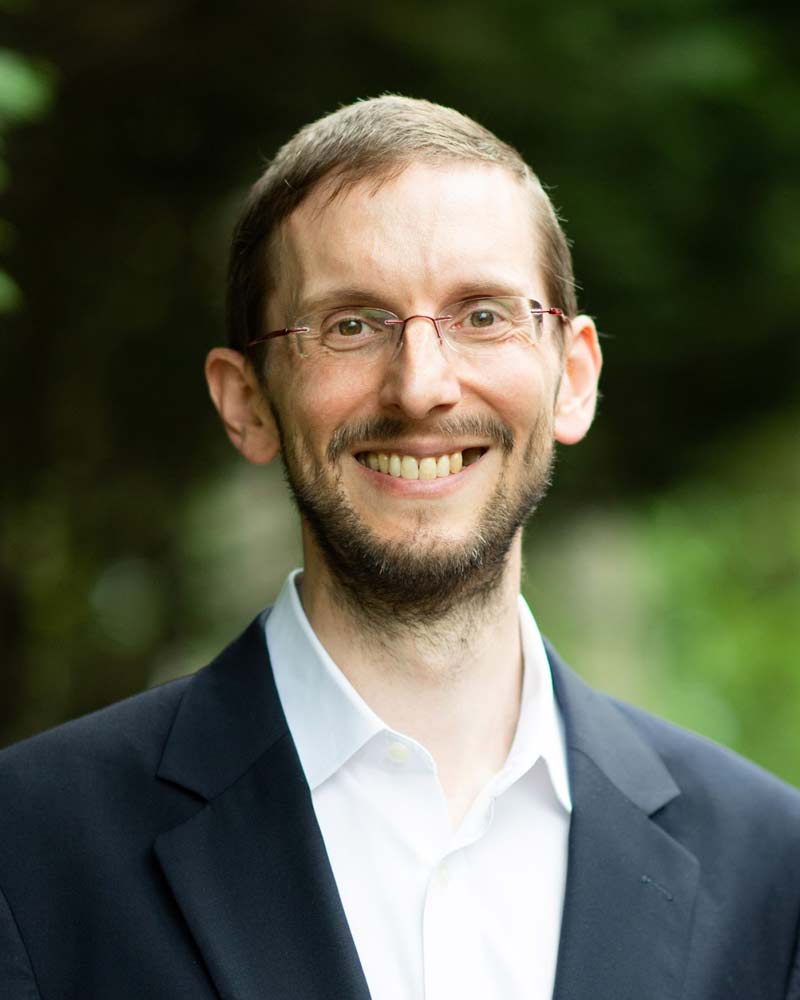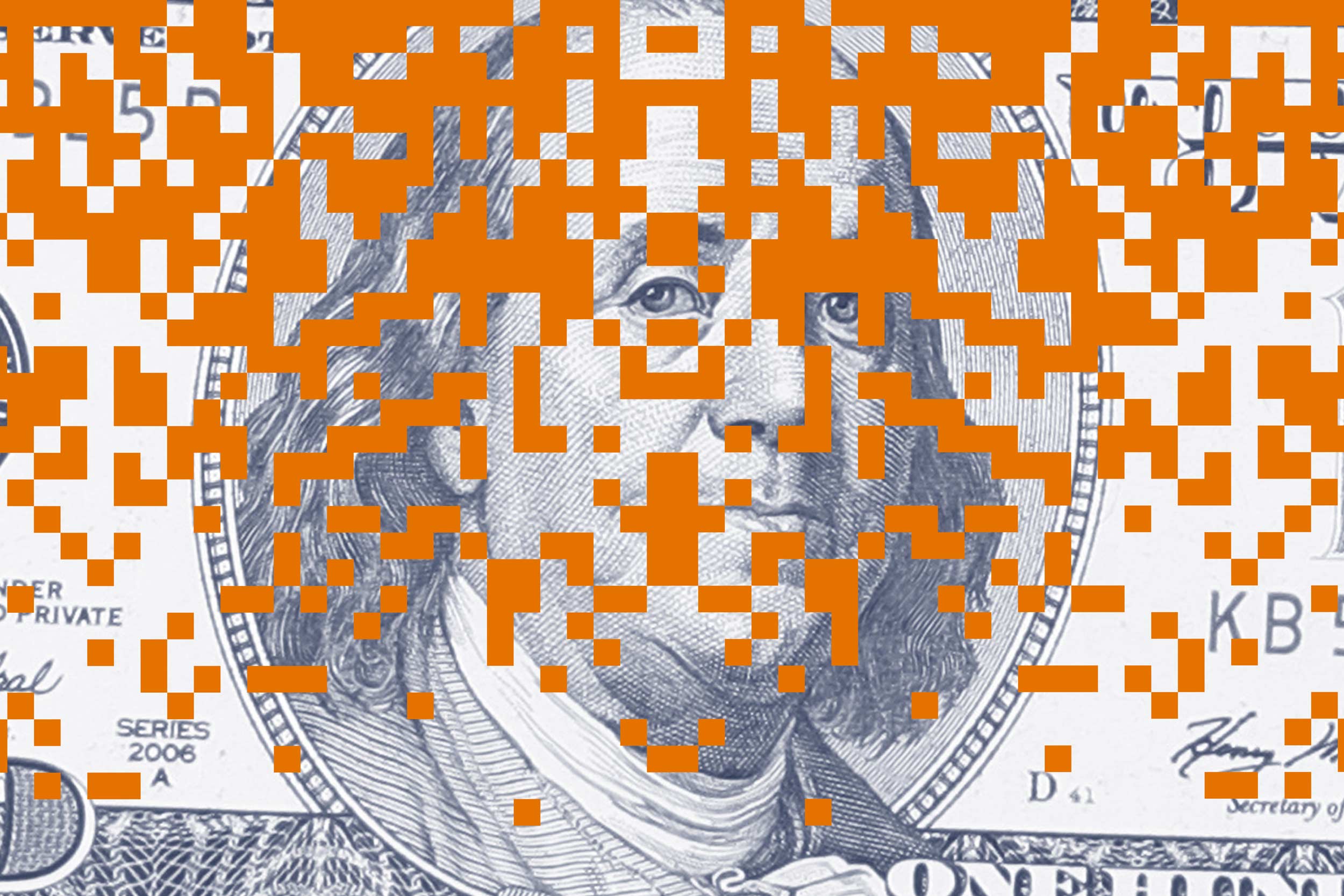When the globe’s most powerful nations needed guidance on how artificial intelligence might affect their collective economies, they turned to the University of Virginia’s Anton Korinek.
The economics professor was one of a handful of international experts selected to create a report for the recent meeting of the G7 nations of Canada, France, Germany, Italy, Japan, the United Kingdom and the United States. His specialty is teasing out what could happen to economies if AI essentially takes over jobs that humans do. In academic papers and in interviews, he’s painted a cautionary picture of “disruption” and “wage collapse.”
“Anton Korinek’s selection to the G7’s Panel of Experts on AI and Economic and Financial Policymaking reflects his stature as one of the world’s foremost experts in this area,” Christa Acampora, dean of the College of Arts & Sciences, said. “We are deeply fortunate to have someone in the College and Graduate School of Arts & Sciences whose work is shaping the frontier of research on AI.”
UVA Today caught up with Korinek while he was on a plane returning from San Francisco, where he organized a conference and presented a talk called “The Economics of Transformative AI.”
“We also had participation from the leading AI labs, including the CEO of Anthropic and several high-level participants from OpenAI,” he said. “The world that we are about to enter in the coming years will certainly be an interesting one.”
Q. Let’s start with the basics: What role, in general, is AI starting to play in economics and economic policy?
A. AI is about to fundamentally transform our economic system in ways that are comparable to the Industrial Revolution. Just as that earlier transition moved us from the Middle Ages to our modern industrial economy, AI will usher in an entirely new economic paradigm. The technology is rapidly advancing, with the potential to automate both cognitive and physical work across virtually all sectors.
Still, there is significant uncertainty about the timeline and extent of these changes. Some experts predict transformative advances within the next year or two, while others expect more gradual changes, in a range of five to 10 years from now. What’s clear is that AI is already affecting productivity and starting to affect labor markets and financial systems.
The uncertainty about AI’s trajectory poses a unique challenge for economic policymakers, who must prepare for scenarios ranging from incremental change to rapid, transformative disruption while ensuring that the benefits of AI are broadly shared across society.
Q. How has AI begun influencing your economic research and scholarship?

Anton Korinek is an expert on how AI might affect economies at all levels as the technology continues to advance. He was one of a handful of global experts chosen to advise the G7 nations at a recent meeting. (Contributed photo)
A. About a decade ago, I made a strategic decision to redirect my research focus toward understanding AI’s transformative economic implications. This shift was partly motivated by my realization that AI would profoundly shape the future world that my children would inherit. I’ve maintained a dual focus: studying how AI will transform our economic system while also exploring how to use AI tools to enhance economic research itself.
I have an ongoing project on “Generative AI for Economic Research,” which examines how these tools can automate aspects of economic analysis and scholarship, and which I update every few months to inform fellow economists on how to optimally leverage these tools. I have also worked to build bridges between economics and the AI research community, as I believe economists have crucial insights to contribute to AI governance and development. This work has become increasingly relevant as AI capabilities have advanced more rapidly than many anticipated over the past five years.
Q. What role did you play in shaping the panel’s final report?
A. While the report was truly a collaborative effort, I contributed significantly to its scenario-based approach to AI preparedness. Drawing on my research, I helped develop the framework that considers multiple possible trajectories for AI development – from gradual evolution to potentially transformative changes within the next few years. I drafted several key sections of the report dealing with economic and financial implications as well as policy preparations for different AI scenarios.
I hope that this approach will help policymakers develop robust strategies that work for multiple different scenarios, rather than betting on a single prediction about AI’s development. The framework emphasizes the importance of maintaining policy flexibility while taking seriously the possibility of rapid, transformative change over the next few years.
Q. What are the panel’s high-level findings or recommendations?
A. The panel’s core message is that policymakers should adopt a stance of “policy preparedness” in the face of significant uncertainty about AI’s development. The report outlines 10 immediate recommendations, including adopting proactive and flexible policy approaches, rapidly building AI expertise within institutions, establishing clear guidelines for AI use in financial activities and enhancing cross-border cooperation on AI governance.
We also developed a policy preparedness matrix to help governments evaluate their readiness across different AI scenarios. The report emphasizes that while AI offers unprecedented opportunities for economic growth and innovation, it also presents significant challenges – from potential labor market disruption to financial stability risks. We particularly stressed the importance of preparing for transformative scenarios where AI could fundamentally reshape economic structures, while also ensuring that policies remain effective under more gradual development paths for AI.










